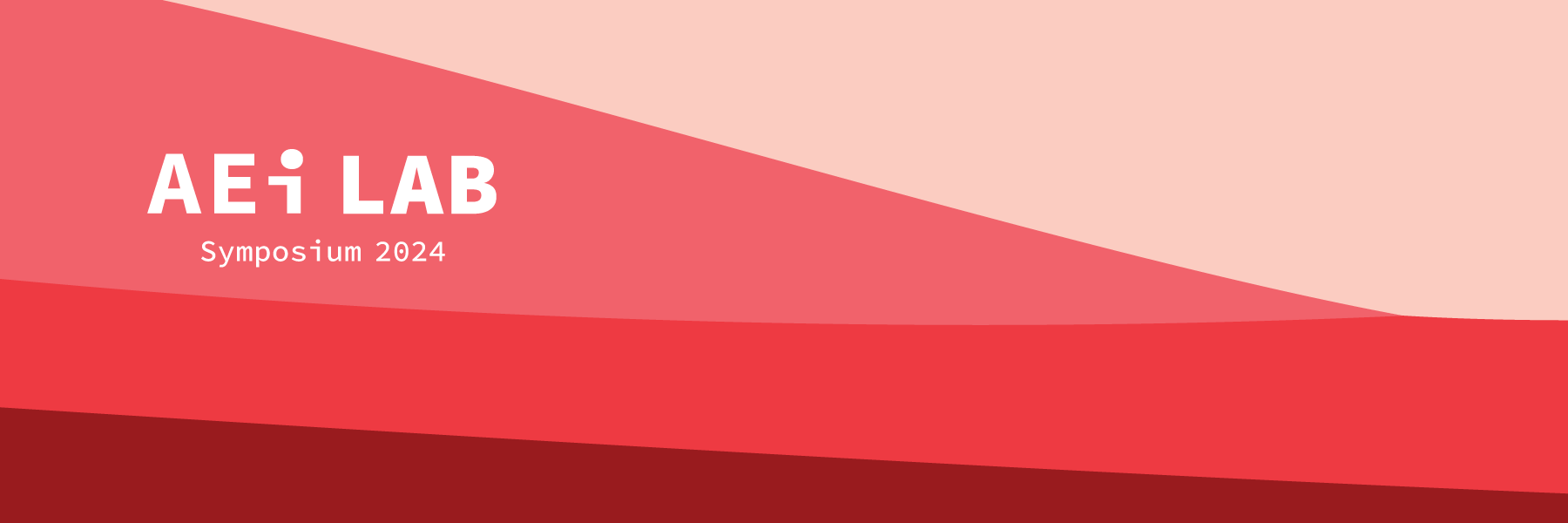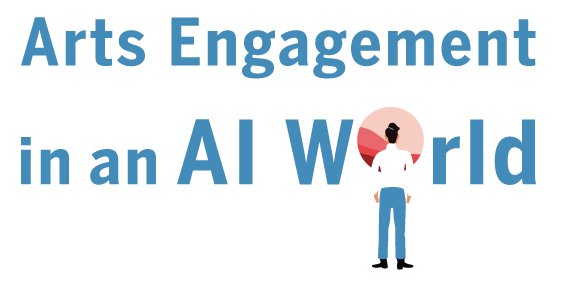
Panelists
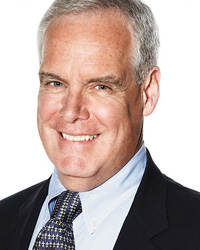
Howard Herring
Howard Herring is a native of Oklahoma, a pianist by training, and now President and CEO of the New World Symphony. After his academic work at Southern Methodist University and Manhattan School of Music, he was pianist of the Claremont Trio, a winner of the Artists International Competition, and an active musician and teacher in New York City.
In 2001, Mr. Herring assumed leadership of the New World Symphony — America's Orchestral Academy, a post-graduate fellowship program for aspiring classical musicians and leaders. He was given the charge of energizing the institution's national and international profile and developing a new building designed to explore its unique experiential curriculum and cutting-edge digital work.
In 2011, New World Symphony opened a new campus — a 21st century laboratory for generating new ideas about the way music is taught, presented, and experienced. The building was completed on time and on budget and opened to national and international acclaim. The New World Center, designed by Frank Gehry, enables New World Symphony to capitalize on the global reach of broadband technology for education and digital capabilities for artistic expression.
Beyond traditional training, New World Fellows are exploring the establishment of an online music education community, integration of music and video, and engagement of new audiences through alternate performance formats. Dynamic partnerships with professional orchestras and distinguished music schools have been formed around these experiments. New World Symphony places a high priority on diversity, equity, and inclusion. Results of this initiative are being felt in the Miami community and in music schools and orchestras across the U.S.
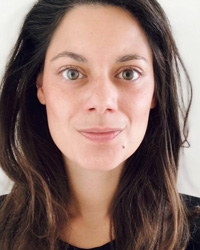
Jax Deluca
Jax Deluca is the Media Arts Director at the National Endowment for the Arts (NEA) and oversees a federal grant portfolio and resources supporting film and media arts ecosystems across the nation. In her role, she has spearheaded several initiatives focused on strengthening regional arts infrastructure and promoting equity and career sustainability for workers within the creative industry, such as the Independent Film and Media Arts Field-Building Initiative which creates an intentional space for knowledge exchange and relationship-building. In addition, through a partnership with the NEA Office of Research, Ford Foundation, and Knight Foundation, she conducted the first U.S.-based Arts & Technology Field Scan and co-published the NEA report Tech As Art: Supporting Artists Using Technology As a Creative Medium synthesizing the field scan findings with recommendations for those within and beyond the arts sector.
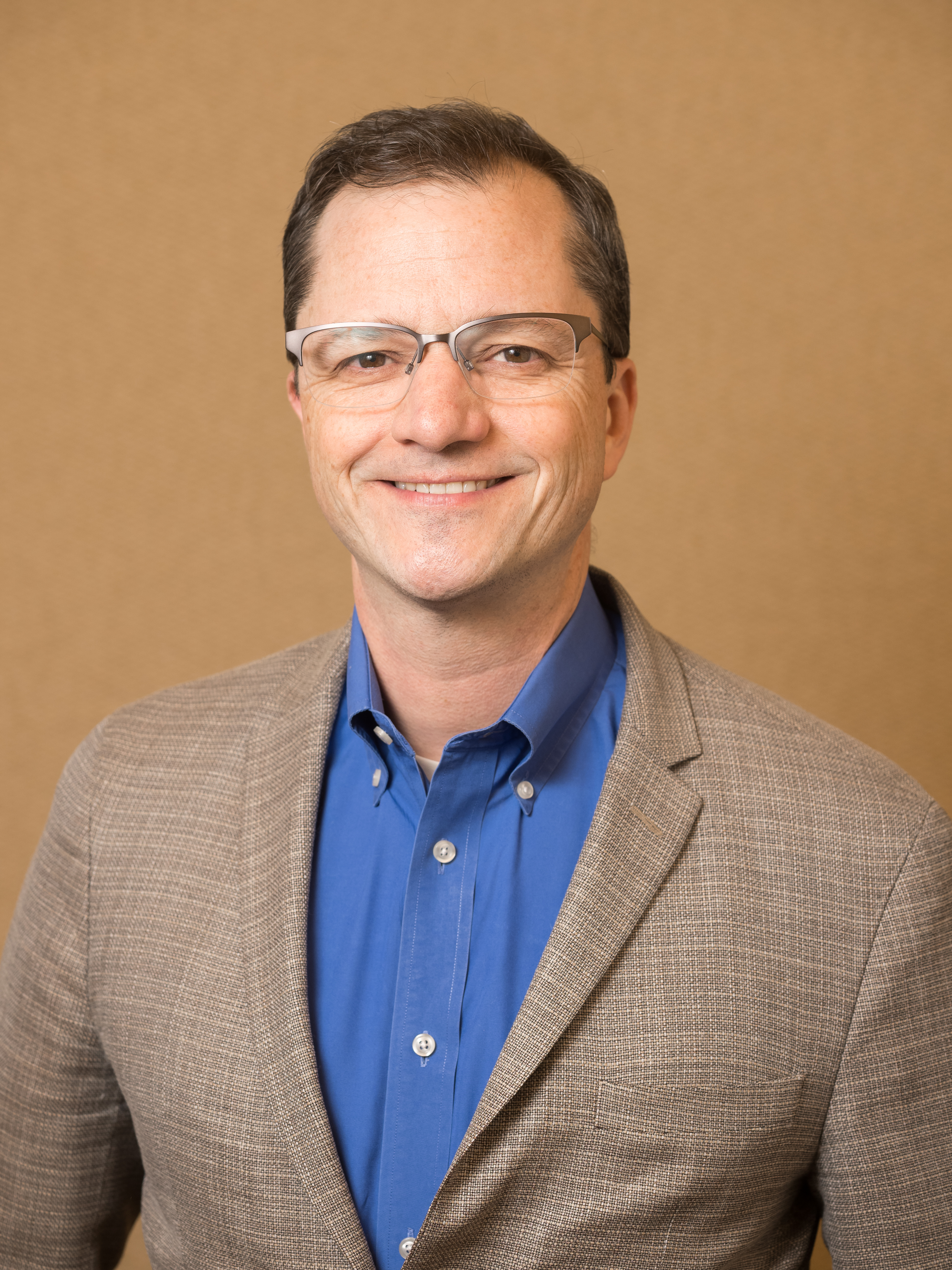
Andrew Recinos
Andrew Recinos (he/him) is the President & CEO of Tessitura Network, a non-profit technology community serving arts and cultural organizations around the world. Recinos brings a unique skillset to the position, having held roles as business leader, arts administrator, technologist, and musician. CEO since 2021, has worked with Tessitura as an employee or contractor since 2002.
Prior to joining Tessitura, Andrew spent eight years as a member of the leadership team of Jacobson Consulting Applications (JCA), an independent technology company devoted the non-profit sector. From 1995 until 2002, Andrew served in a variety of roles in fundraising and technology at Carnegie Hall in New York City, including Director of the Friends of Carnegie Hall.
Andrew is a pianist, trumpet player and composer and has a Bachelor of Music degree from the Jacobs School of Music at Indiana University.
He holds a master’s degree in arts administration from the O’Neill School of Public & Environmental Affairs at Indiana University and was given the O’Neill School’s Distinguished Alumni Award in 2022. Andrew serves on the Advisory Board of the Center for Cultural Affairs, is a Board Member of ArtsFund and is a member of the Technical Working Group for the National Endowment for the Arts’ National Arts and Evidence-based Research Center. Andrew lives in Portland, Oregon with his wife Peg and child Rowan.
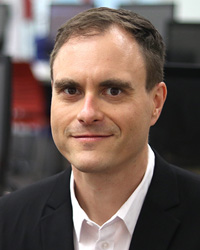
David Crandall
David Crandall is Luddy Professor of Computer Science at Indiana University University Bloomington, where he is also the inaugural director of the Luddy Artificial Intelligence Center. He obtained the Ph.D. in Computer Science from Cornell University, and B.S. and M.S. degrees in Computer Science and Engineering from the Pennsylvania State University. He was also a Senior Research Scientist at Eastman Kodak Company from 2001-2003. He is Program Co-Chair of CVPR 2024, ICDL 2024, and WACV 2023, and Associate Editor of the IEEE Transactions on Pattern Analysis and Machine Intelligence. He has authored over 250 technical papers on computer vision, machine learning, robotics, cognitive science, and artificial intelligence. In addition to several best paper awards, he has received an NSF CAREER award, two Google Faculty Research Awards, an IU Trustees Teaching Award, a Grant Thornton Fellowship, a Luddy Named Professorship, and is a Distinguished Member of the Association for Computing Machinery
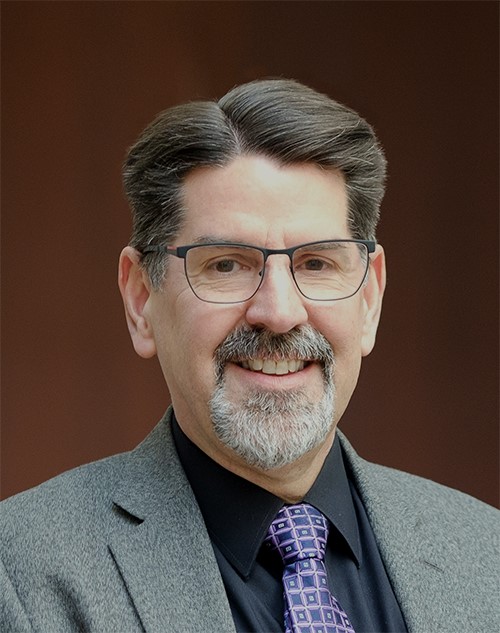
Robert Townsend
Robert is Director of Humanities, Arts, and Culture Programs at the American Academy of Arts and Sciences and co-director (with Norman Bradburn) of the Humanities Indicators (http://humanitiesindicators.org). Prior to the Academy, he spent 24 years at the American Historical Association as director of research and publications. He is the author of one book and over 200 articles on various aspects of history and the humanities.
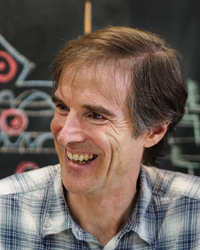
Roger Dannenberg
Roger B. Dannenberg is Emeritus Professor of Computer Science, Art & Music at Carnegie Mellon University. Known for his research in the field of computer music, he received a Ph.D. in Computer Science from Carnegie Mellon and is a Fellow of the Association for Computing Machinery. He is the co-creator of Audacity, an audio editor that has been downloaded 100's of millions of times, and his patents for Computer Accompaniment were the basis for the SmartMusic system used by hundreds of thousands of music students. His current work includes live music performance with artificial computer musicians, automatic music composition, interactive media and high-level languages for sound synthesis. Prof. Dannenberg is also a trumpet player and composer. He has performed in concert halls ranging from the historic Apollo Theater in Harlem to the modern Espace de Projection at IRCAM in Paris. Besides numerous compositions for musicians and interactive electronics, Dannenberg co-composed the opera La Mare dels Peixos with Jorge Sastre, and translated and produced the opera in English as The Mother of Fishes, in Pittsburgh in 2020.
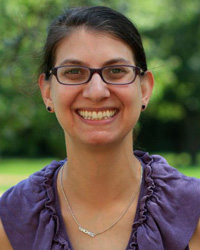
Rachel Plotnick
Rachel Plotnick, Associate Professor of Cinema and Media Studies at Indiana University's research and teaching focus on information, communication and media technologies from an historical and critical/cultural perspective. Specifically, her research agenda examines human-machine relations, particularly as they relate to interfaces (like buttons, keys, and screens). She investigates how these surfaces play a role in the technological and social aspects of daily life.
Her book, Power Button: A History of Pleasure, Panic and the Politics of Pushing is published by The MIT Press (2018). You can read an excerpt here. Additionally, her research is featured in Technology and Culture, New Media and Society, the Journal of the American Society for Information Science and Technology (JASIST), Media, Culture and Society and others.
Rachel is currently working on a new project about “dirty media” – considering how our everyday habits with media (like eating and drinking) and embodied interactions (like handling and fingerprints) reveal the complications and vulnerabilities of media experiences.
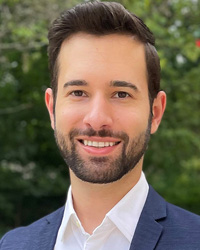
Professor João Marinotti is an associate professor of law at the Indiana University Maurer School of Law. He is also affiliated with the Yale Law School Information Society Project and the Indiana University Center for IP Research. Professor Marinotti is a scholar of property and private law theory focusing especially on how interpersonal norms serve as societal baselines when regulating emerging technologies. This work has led Professor Marinotti to write on data governance, cryptocurrency and NFTs, and virtual reality, among other topics. He is also a scholar of legal interpretation, investigating the role of linguistics and philosophy of language in law. Professor Marinotti is on the executive committee of the Virtual Law & Technology Workshop and on the executive committee of the Law & Interpretation Section of the Association of American Law Schools (AALS).
Professor Marinotti is deeply invested in diversity, equity, and inclusion (DEI). He is the Faculty Advisor to OUTLaw, Maurer’s LGBTQIA+ student organization and a faculty mentor for Latino/a/x students. His administrative roles in the Law School have also focused on DEI; Professor Marinotti has routinely served on the school’s Diversity & Inclusion Faculty Committee.
Professor Marinotti comes to Maurer from the Yale Law School Information Society Project, IU’s Center for Law Society and Culture, and Harvard Law School’s Project on the Foundations of Private Law. He received a J.D. cum laude from Harvard Law School, an M.Phil. and an M.A. in linguistics from the City University of New York, Graduate Center, an M.Sc. with Distinction in cognitive science from the University of Edinburgh, and B.A. magna cum laude in linguistics from Columbia University.
His research has been published or is forthcomoing in the Northwestern University Law Review, UC Davis Law Review, Maryland Law Review, and New York University Law Review Online. His legal blogs have appeared in Jurist and Lawfare. Professor Marinotti’s work has also been quoted by or cited in Forbes, Financial Times, Slate, The World Economic Forum, and UNESCO (United Nations Educational, Scientific and Cultural Organization), among others.


